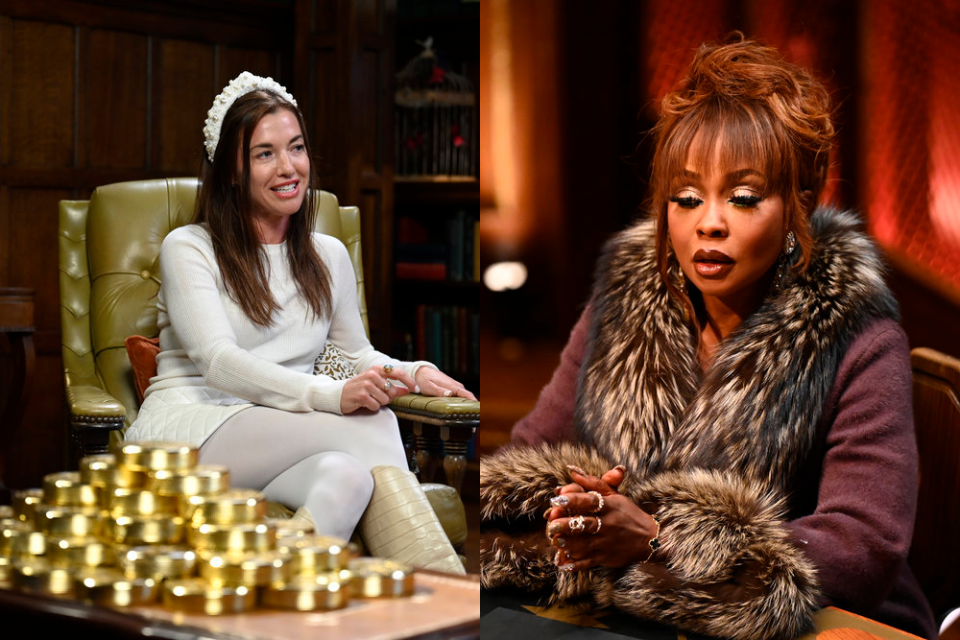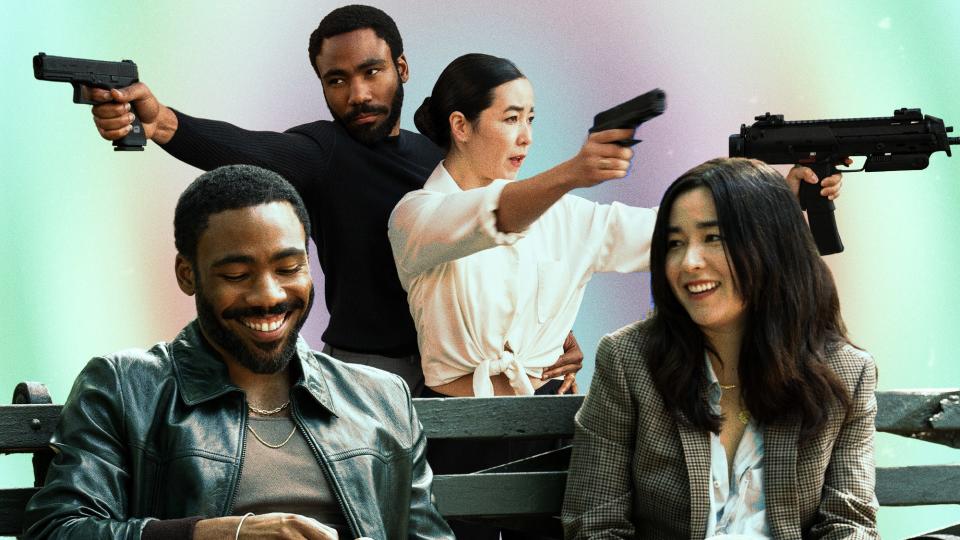Reality Shows Are the Thinking Person’s TV

Photograph: Netflix
This is an edition of the newsletter Pulling Weeds With Chris Black, in which the columnist weighs in on hot topics in culture. Sign up here to get it in your inbox every Thursday.
A few weeks ago, my For You feed served up a viral tweet from a woman named Emily (a 32-year-old “stepmom to a teen, mom of little kids in North Carolina”) that summed up an idea I have often heard debated: “I have a theory that the smartest/deepest/most insightful people absolutely love reality TV.”
For decades, television was, of course, considered a lesser form of entertainment, with film firmly holding the top spot as the more intellectual and important cultural pursuit. Then it flipped: Mid-budget films with original stories gave way to comic book movies and sequels to blockbusters; meanwhile, every prominent actor was clamoring to play a serious role in one of the many prestige shows and limited series that followed The Sopranos and, for a time, multiplied as streaming services competed in the early post-cable landscape. These shows were endlessly discussed and dissected. Websites like Vulture had critics recapping every episode of Breaking Bad and Mad Men, while in the comments (and on Reddit and around the watercooler), otherwise normal people theorized about whether Don Draper would be revealed as the infamous real-life hijacker D.B. Cooper.
On the most popular reality show on streaming, two cunning women have emerged as unmissable stars. Here, Parvati Shallow and Phaedra Parks reveal the secrets to plotting and scheming their way through *The Traitors.*
The show’s costume designer—and former *GQ* fashion director\!—Madeline Weeks on Donald Glover’s “smoldering” Margiela tanks, Maya Erskine’s The Row silk shirts, and sourcing sharp clothes you can still run and fight in.
It just does. Even if it’s bad—sometimes *especially* if it’s bad—hotel TV is a friend you can count on, and asks almost nothing of you in return. An ode to the must-half-watch shows that make even holiday travel worth enduring.
But even as couples slavishly devoted their Sunday evenings to the latest episode of whatever HBO was offering up, low-brow reality TV strengthened its grip on pop culture. The Real World, Road Rules, and Survivor gave way to The Real Housewives universe, Top Chef, Vanderpump Rules, and countless other short-lived and forgotten shows.
Another flip now seems to be underway, as network-style shows like Hijack and even actual network reruns like Suits have come to dominate their respective platforms (Apple TV+ and Netflix, if you’re actively looking for a Dad watch).
But the people who talk about TV are now split into two camps: The prestige-drama diehards, unpacking the latest season of True Detective or embarking on their fourth rewatch of Mad Men (“The camerawork was incredible”); and people who binge Southern Charm, Serving the Hamptons, or, in a pinch, reruns of I Love New York. (Even The New York Times Magazine is embracing the Vanderpump Rules discourse: Its next cover story is about “the most hated man in America,” Tom Sandoval.)
I fall into the latter category, and maybe for the wrong reasons. I get turned off when a prestige show takes over the discourse. How much should we dissect something that is meant to be entertainment? I will never forget the time I was at a birthday party full of cool, successful adults in Los Angeles and the original White Lotus theme song came on the hi-fi. The whole house erupted with glee. I could barely hide my disgust.
I like reality TV because I don’t have to think when I stream it. Watching seemingly ordinary people ham it up for the cameras is low stakes and relaxing. I don’t have to ponder character development or analyze any symbolism. Someone gets drunk and sleeps with their coworker, and it all comes out in the back alley of the shitty restaurant they work in? That is perfect. If I want to engage in something more mentally stimulating, I can read a book or have a discussion with friends. I don’t think my decades-long love of reality television proves that I am smart, deep, or insightful, but it proves I like to channel my brain power elsewhere. Watching an entire season of Love Is Blind on the plane is engaging, but it allows the mind to wander, and that is one of the most valuable uses of a person’s downtime.
Originally Appeared on GQ




